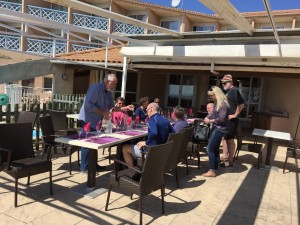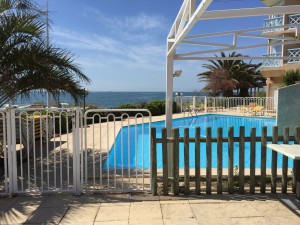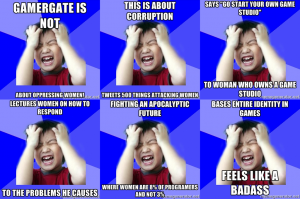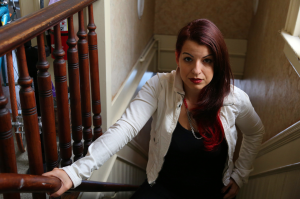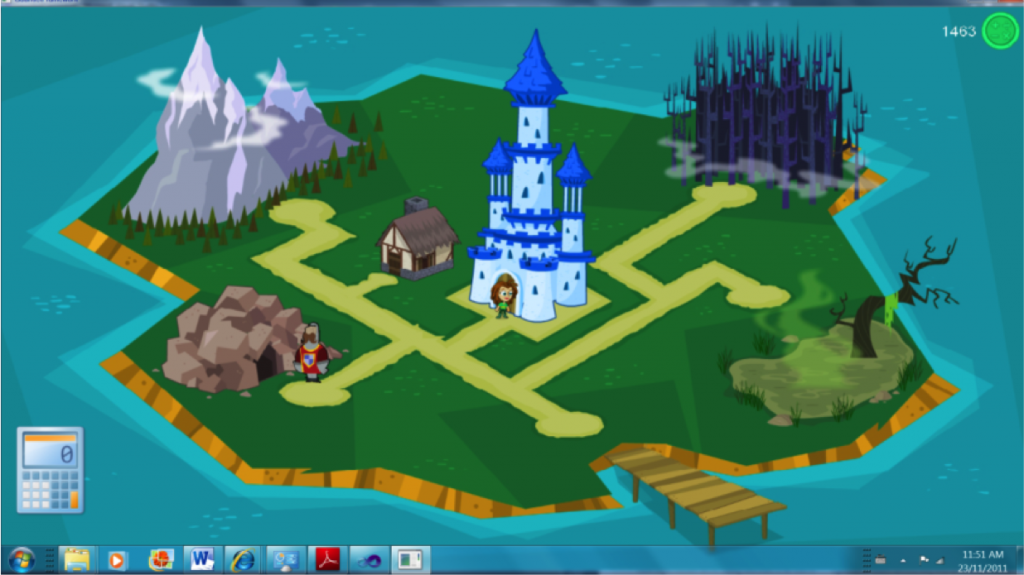The Final Oral Examination For the Degree of
Master of Arts
(Media & Technology Studies)
Charlene Chong
Exam Date & Time: Thursday April 28, 2022 @ 3:00
Exam Location: Scarfe 2108 + Zoom
Sexuality Education and Socialization for British Columbia’s Youth and the Increasingly Influential Role of Social Media: For Better or Worse?
EXAMINING COMMITTEE
Supervisory Committee:
Prof Stephen Petrina, Research Supervisor (Media & Technology Studies)
Prof Jillianne Code (Media & Technology Studies)
External Examiner:
Prof Sandra Scott (Environmental & Science Education)
ABSTRACT
A flawed and inadequate school-based sexual health education in Canada leaves adolescents both unhappy and unequipped to care for their health. To help fill these sexual health gaps, they turn to other avenues, one being social media. However, these experiences of sexual socialization via social media are understudied. As such, this convergent mixed-method design with an emphasis on the qualitative explored sexual health education, in school and social media, through the perspectives of adolescents. Data were collected through anonymous surveys and three themes emerged from analysis: 1) Variety of topics in school-based sexual health education; 2) Various ways of obtaining information; and 3) Using social media to gain a sense of belonging. Youth in this study were interested in learning a variety of sexual health topics yet found their school-based education at best, failed to either reflect this interest, or at worst, made participants feel uncomfortable and shameful. Two significant ways sexual health information was shared were through friends and social media. Friends and social media were a supportive approach and space to discuss curiosities and share experiences with the added facet that social media can also inadvertently introduce youth to unfamiliar content. For youth, particularly marginalized adolescents like LGBTQ2IA+ youth, social media and its online community proved critical in discovering and forming their own sexual identities – helping to gain a sense of belonging. However, social media can be incorrect, and ineffective at connecting all users to appropriate sexual health content. While social media can be used in conjunction with school-based education, the findings suggests that at this time, it cannot be a stand-alone solution. It is thus, considerably crucial that school-based sexual health education be changed and improved to be comprehensive and inclusive.

 Follow
Follow